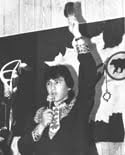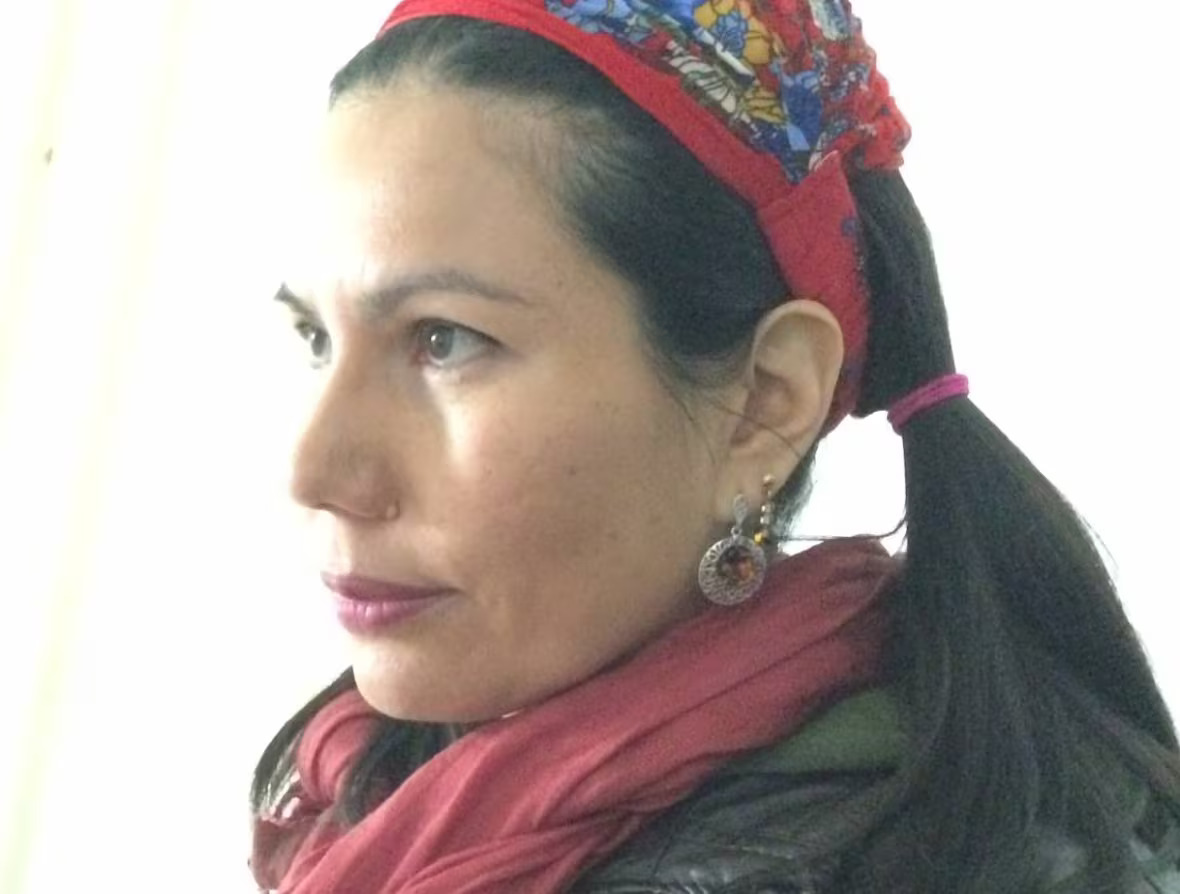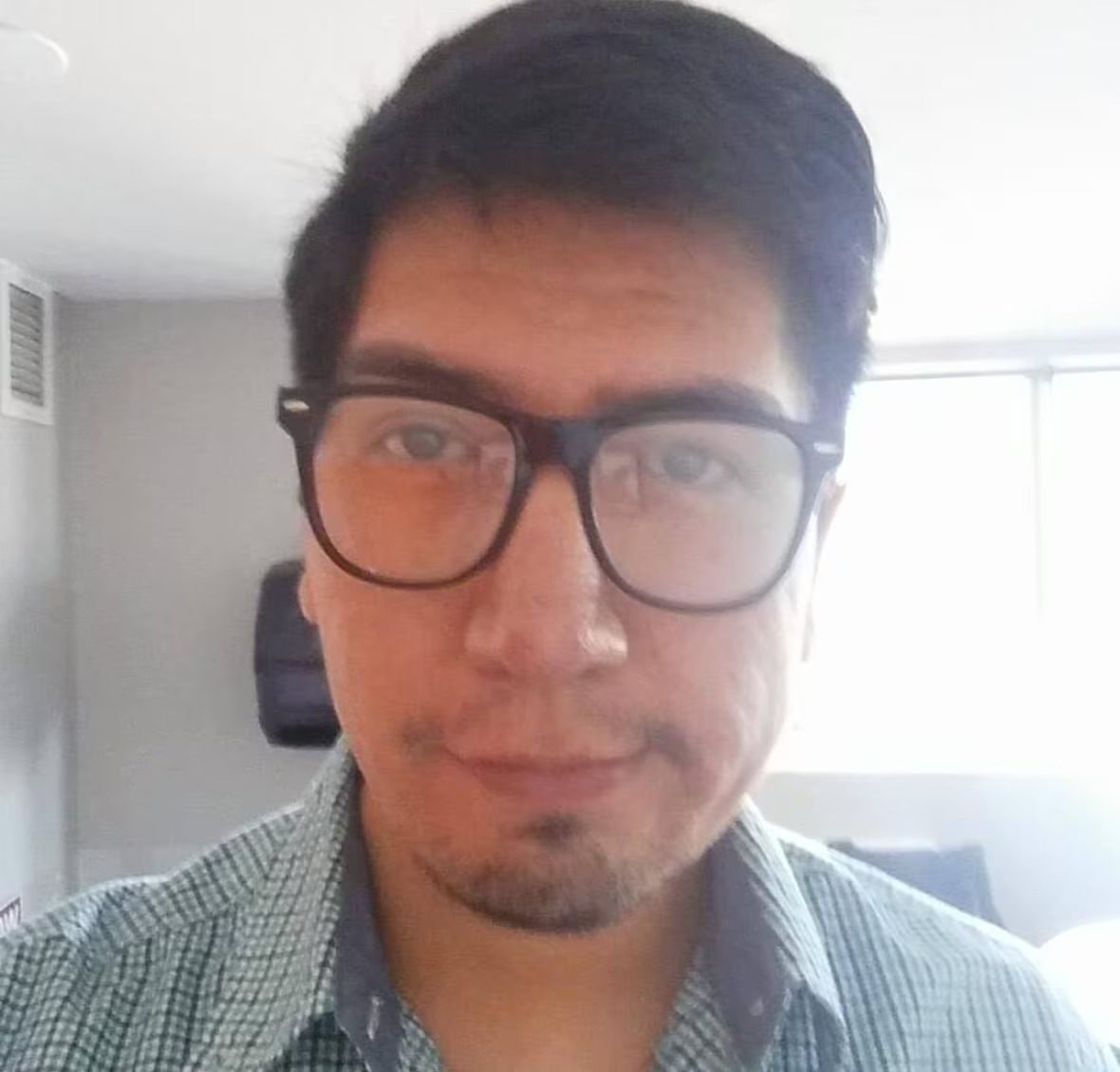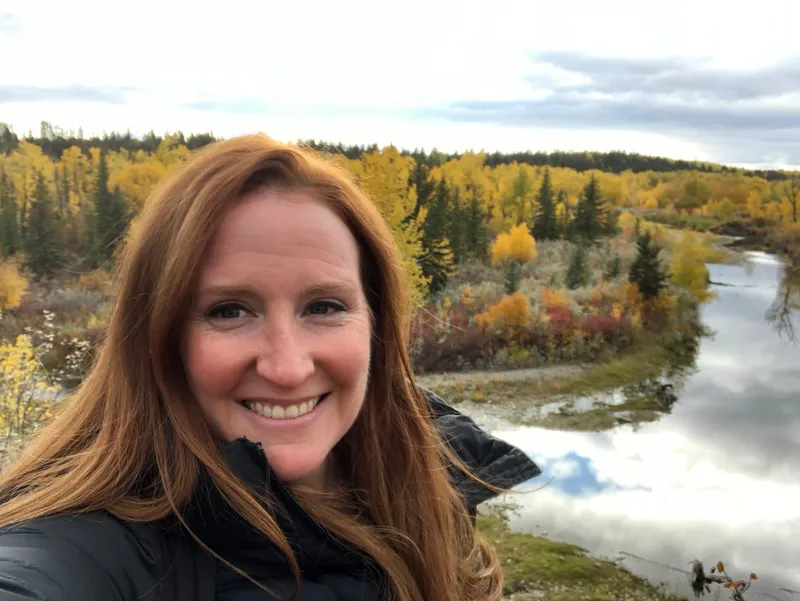Land Acknowledgement
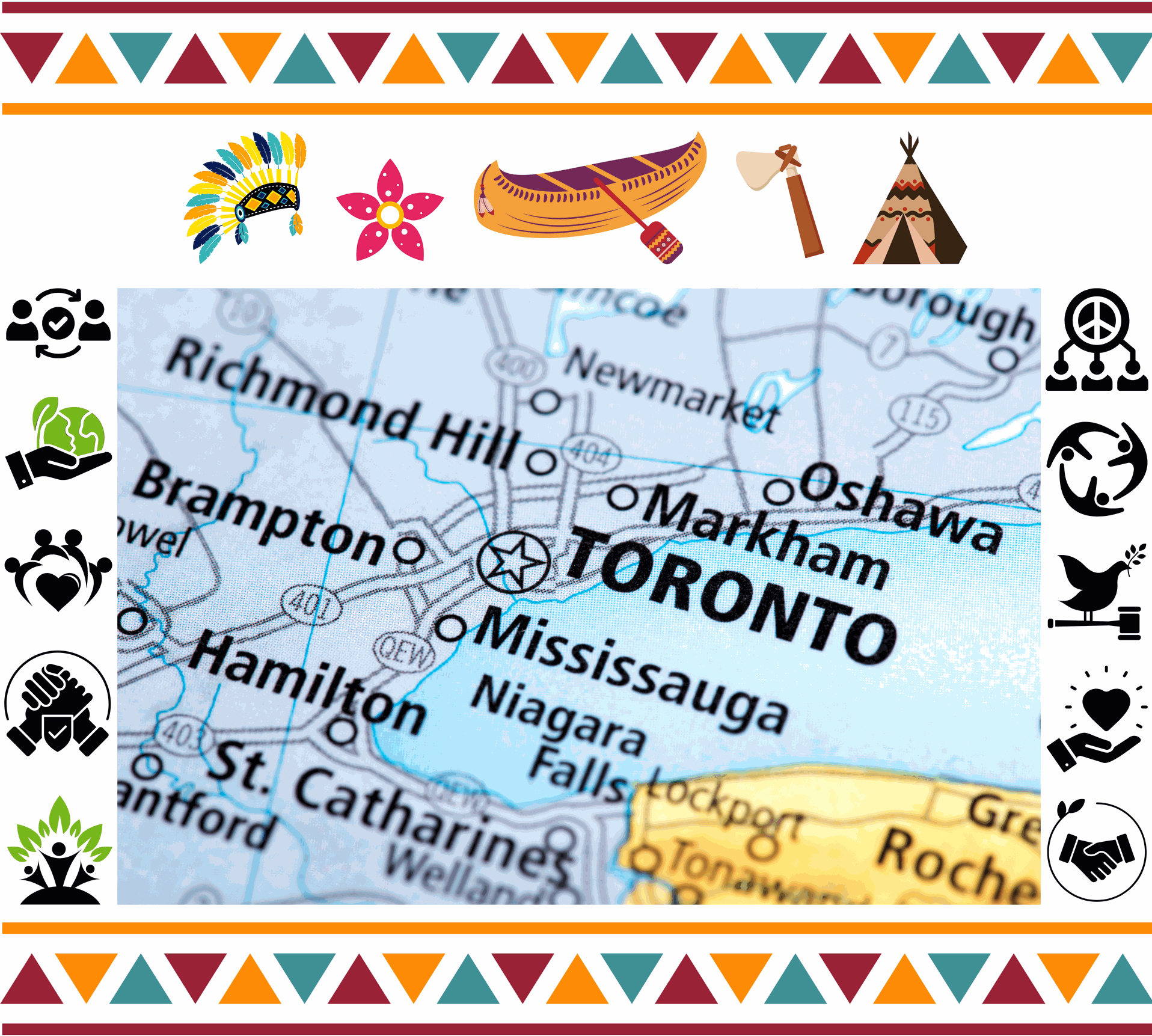
The Founder and Director of Meals That Matter lives and works on this initiative from Markham, Ontario, Canada.
As the project expands its team, reach, and impact over time, it is anticipated that staff, volunteers, partner and recipient organizations, community collaborators, funders, supporters, and other contributors will be based in and contribute to this work from various locations across Ontario.
No matter where we are located, we remain mindful of the land on which we live, work, and play.
At Meals That Matter, we respectfully acknowledge and humbly recognize the Indigenous Peoples who have stewarded the lands and waters of the places we call home. The land on which we gather, cook, serve, donate, collect, and distribute food is the traditional and ancestral territory and homeland of many Indigenous nations. Specifically, our work in Markham and across the Greater Toronto Area (GTA) takes place on the lands of the Mississaugas of the Credit, the Anishinaabeg, the Chippewa, the Haudenosaunee Confederacy, and the Wendat peoples. This region is part of the territory governed by the Dish with One Spoon Wampum Belt Covenant, an agreement among Indigenous nations to share and care for the land and its resources peacefully. We are also mindful that these lands are covered by Treaty 13, signed with the Mississaugas of the Credit, and the Williams Treaties, signed with multiple Chippewa and Mississauga nations.
We, as settlers on this land, acknowledge the enduring presence and contributions of First Nations, Inuit, and Métis peoples across these territories and are committed to learning about historic and current relations with Indigenous peoples. Indigenous peoples have cared for this land for thousands of years, and their stewardship continues to guide how we understand our connection to the Earth and one another. Recognizing the deep relationship between Indigenous Peoples and the lands and environments we call home, we strive to learn from Indigenous teachings about reciprocity, sustainability, and community care. We strive to incorporate these values into everything we do as part of our journey toward a just, equitable, inclusive, and sustainable future.
With gratitude, we recognize that the care and stewardship of this land has been the responsibility of Indigenous nations for generations. We share in the duty to ensure that the dish is never empty—to protect and sustain the land and its resources while working to restore relationships rooted in peace, friendship, and trust. We are committed to ongoing reconciliation, meaningful partnerships, and deeper understanding. As settlers, we acknowledge our privilege and responsibility to act as stewards of these lands and to honour the Indigenous voices that have long guided their care.
We are fully committed to understanding the harms caused to Indigenous peoples through colonization, both past and present. We pledge to move forward with our Indigenous brothers and sisters in a spirit of Truth and Reconciliation, with hopes of restoring harmony, peace, and justice for present and future generations. We also promise to support Indigenous communities by amplifying their voices, honouring their histories, and advocating for justice in ways that respect their circumstances and priorities.
This acknowledgement is not only a recognition of the past but also a commitment to action. It reminds us of the shared responsibility we have to protect this land, nurture our communities, and build relationships based on respect, trust, and compassion.
Together, we can create a future where everyone has the opportunity to thrive.
Why is it important?
Additional resources
Understanding and acknowledging the histories, cultures, and rights of Indigenous Peoples is a crucial step toward reconciliation. To learn more about the Indigenous lands you reside on, deepen your understanding of Indigenous rights, culture, and history, and explore the ongoing impacts of settler colonialism and the Truth and Reconciliation process in Canada, consider the following resources:
- Identify Indigenous Lands: Learn whose traditional lands you reside on. Native Land Digital
- Indigenous Knowledge & History: The Indigenous Foundation offers insights into Indigenous cultures, histories, and current issues.
- Truth and Reconciliation Reports: Access key reports on Indigenous experiences and reconciliation efforts through the National Centre for Truth and Reconciliation.
- Guidance on Land Acknowledgements: The Canadian Association of University Teachers provides a guide on respectfully acknowledging First Peoples' lands.
- Understanding Settler Colonialism: Learn more about settler colonialism and its implications through Global Social Theory and VICE.
- Indigenous Corporate Training Resources: Free e-books on Indigenous relations and reconciliation are available from Indigenous Corporate Training Inc.
- Education on Reconciliation: Explore courses and learning materials from Reconciliation Education.
- Understanding Land Acknowledgements: Resources such as CBC, United Way Greater Toronto, and Apihtawikosisan discuss the significance and evolution of land acknowledgements.
- Best Practices for Land Acknowledgements: Engineers Canada’s Guide offers guidance on meaningful and responsible acknowledgements.
By engaging with these resources, we can collectively work towards greater awareness, understanding, and action in supporting Indigenous communities and reconciliation efforts.

